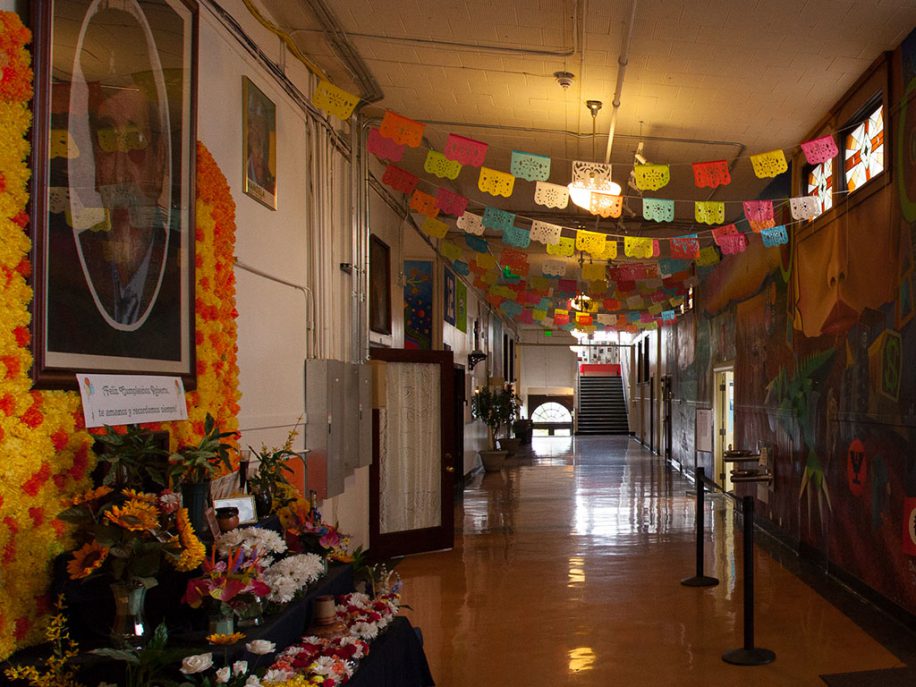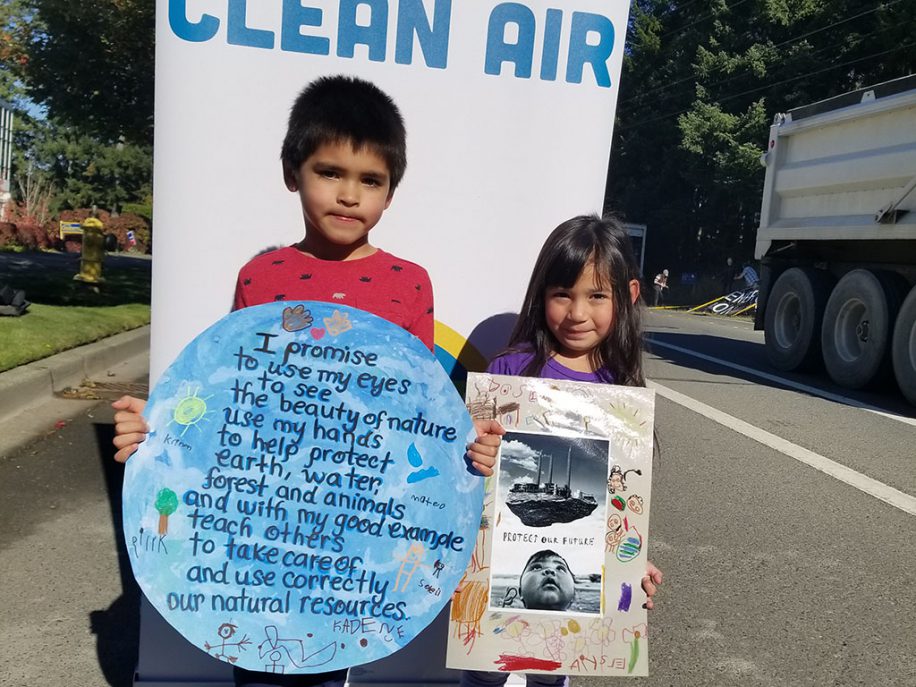Please click the link below to view our Sensitive Location Toolkit in PDF form:
/wp-content/uploads/2019/03/Sensitive-Locations-Toolkit-Printed-V.pdf
What is a Sensitive Location?
On October 2011, Immigration and Customs Enforcement (ICE) issued an administrative memorandum entitled “Enforcement Actions at or Focused on Sensitive Locations,” which set forth the agency’s policy regarding enforcement actions in places that are recognized as sensitive locations. The policy, which remains in full force and effect, restricts enforcement actions, such as arrests, interviews and surveillance for purposes of immigration enforcement in places recognized as sensitive locations. The sensitive locations covered by the policy include, but are not limited to: schools, hospitals, places of worship, and public demonstrations such as marches, rallies or parades.
In effort to protect our visitors and the population we serve, in February 2017 as a school, El Centro de la Raza declared itself a sensitive location and adopted and implemented internal procedures that allow us to react promptly and effectively in the event of a visit by immigration agents to our premises. In addition, in recognition of the potential and capability of sensitive locations to protect and ensure the rights of immigrant populations, El Centro de la Raza has been encouraging other entities and organizations to recognize and designate themselves as sensitive locations and adopt measures that will contribute to protecting the immigrant population they serve.




